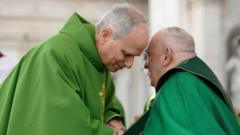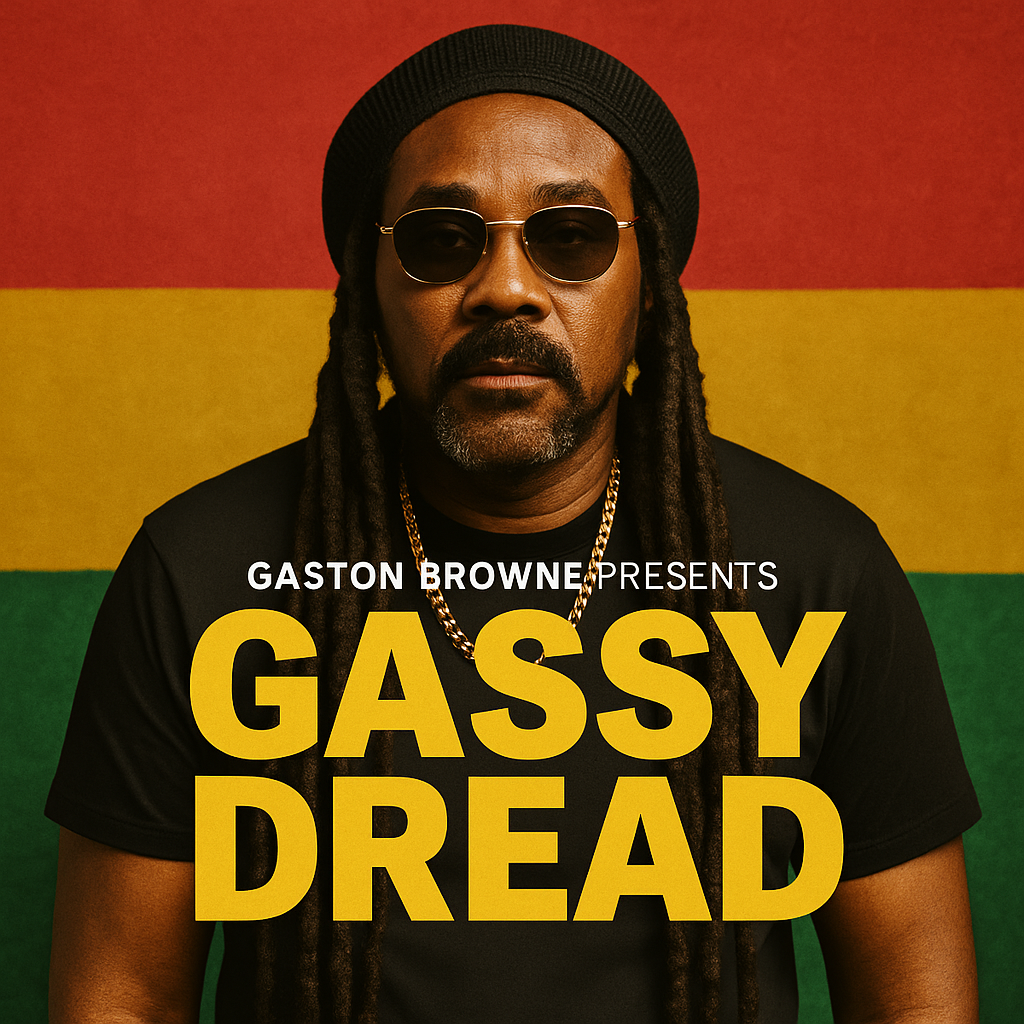In a surprising yet swift conclave, Cardinal Robert Prevost has been elected as the new Pope, signaling a clear intention from voting cardinals to uphold the principles of continuity and unity within the Church. The speed of the conclave's decision indicates a shared belief among many cardinals that Prevost possesses the qualities necessary to navigate the multifaceted challenges of contemporary leadership in the Catholic faith.
In the discussions leading to the election, the desire for "continuity" surfaced frequently, alongside an urgent call for "unity." Many cardinals acknowledged the profound impact of Pope Francis's outreach to marginalized communities, recognizing the significance of being a voice for the disenfranchised. However, there was also a palpable need to address the growing divisions within the Church's leadership, often framed as a divide between traditionalists and progressives.
Prevost’s name emerged as a viable candidate—an ally of Pope Francis who could resonate with diverse factions within the Church while still embodying the progressive ethos established by his predecessor. The election implicitly tasked the cardinals with not only considering the needs of Catholic believers but also addressing wider humanitarian issues amid global tensions, including conflict and societal division.
Notably, as a dual citizen of the United States and Peru, Cardinal Prevost is viewed as a leader who can bridge various cultural divides. In his inaugural address from St. Peter's balcony, he emphasized the importance of "building bridges" and affirmed the need for unity, invoking themes reminiscent of Pope Francis. This focus on common humanity and collaboration may help him tackle critical issues like migration, climate change, and social inequality, which have historically strained relations within the Church.
In the coming days, Cardinal Prevost will undoubtedly face scrutiny regarding his past positions and policy decisions, particularly around sensitive topics such as clergy abuse and social justice matters. Nevertheless, the consensus achieved among the cardinals during the conclave suggests confidence in Prevost's ability to lead the Church as a unifying figure on the global stage.
With a decisive mandate from the cardinals, Prevost steps into his papacy with the opportunity to reinforce the Catholic Church's commitment to compassion, outreach, and understanding in a fractured world. The challenges ahead are significant, but his election may herald a new chapter marked by hope and renewed purpose within the Church.





















